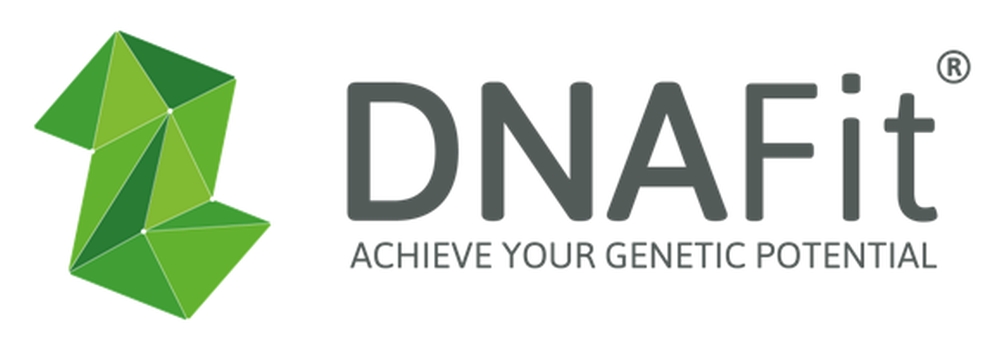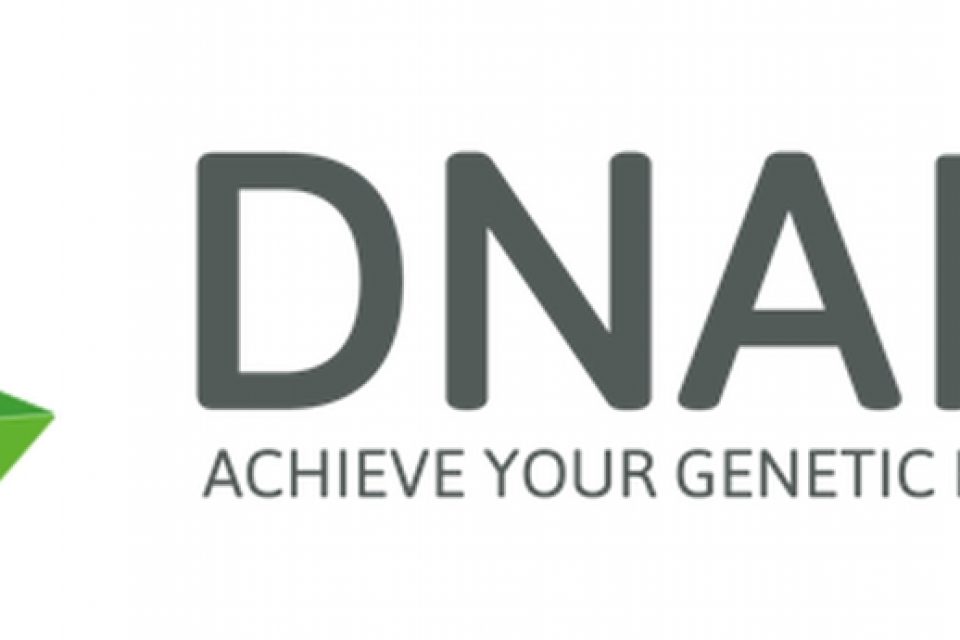
DNA testing for health, fitness and nutrition is becoming more widespread, and anyone interested in personalisation will be interested in this test. It’s a simple, non-invasive oral swab that you can do yourself and takes a minute to do. Before we do the test with our clients, they often have questions, and so I’ve curated some of the questions I hear most regularly. If you have a question that isn’t answered here, I’d love to hear from you; just send me an email to leanne@bodyshotperformance.com and I’ll get back to you with an answer.
What happens to my DNA after it’s been tested?
You post your sample to the lab for analysis. Once they have received the sample, it is analysed for about 50 dominant genes that relate to fitness and nutrition markers only. The results are then returned to the DNA lab and analysed. Once the analysis is complete, your DNA sample is destroyed, and your name and personal details are scrambled into an alpha-numeric code and your results held in a secure database. Your name is no longer traceable, but even if someone were to get hold of your reports, the results themselves are of no real use to anyone with malicious intent.
Does the analysis reveal anything about my risk of serious disease?
No. From a personal and company perspective, I am not in support of DNA testing for predisposition to chronic illness and disease. There is a place for it, and some whilst some people do request that information, we don’t get involved. The test we use does not look for genetic markers that indicate a risk of serious disease. There are companies which do offer such tests though, so make sure you check before you buy.
Will the test reveal details about my family heritage, i.e. paternity or maternity tests?
No. Again, there are tests that can establish paternity and maternity claims, but the tests that we use do not.
Do I have to repeat the test again later in life?
No. The DNA test is a one-time only test and you can use the results for the rest of your life, making it a hugely valuable thing to do with a vast return on investment. The only requirement for re-test would be if there are new SNPs are available for testing that can only be obtained by taking a new sample.
Do we know everything about DNA for diet and fitness or is it a changing science?
It is definitely an evolving science, and that’s a really good thing. We know quite a bit compared to a few years ago, but there is still a lot we don’t know, and new genes are being discovered every day. It’s a very exciting time to be working in the health and fitness world. When you combine DNA testing with wearable tech for example, you have a very powerful proposition.
Have there been studies done to analyse the impact of DNA analysis for diet and fitness?
Yes. A very recent study led by Dr. Keith Grimaldi called the Athens Weight Management Study looked at a group of patients who had a history or weight loss failure. The 93 participants were all taken from the same clinic and had similar characteristics (age, sex, frequency of clinic visits and BMI at initial the start of the study). 50 of the group were given a DNA test, and the other 43 were not. The study leaders measured their BMI at the start of the study, and again after 100 days and then finally after 300 days. At the end of the study, the 50 who had followed a diet structured according to their DNA, 73% had maintained weight loss compared to 32% in the non-DNA group. In terms of BMI reduction, the DNA group had achieved an average 1.93kg/m2 (5.6% loss) compared to the non-DNA group who gained 0.51kg/m2 (a 2.2% gain).
Is this ethical to use on children and young athletes?
In my opinion, the test should not be done on any child under the age of 16, and then only with the consent of a parent or guardian. There is no legal age for DNA testing for diet and fitness in the UK, but the company we work with will not provide DNA tests to anyone under the age of 18.
Is the test intrusive or invasive in any way?
No. The test is an oral swab test which you can do yourself using the small swab provided in the testing kit. The whole process takes just a few minutes. The test uses saliva not blood so it’s very simple to do at home. There are some conditions about when to take the test in order to get the best results, but the instructions are short and easy to follow.
Where are my DNA results stored and could someone get hold of them for commercial or malicious purposes?
The results are stored on a server at the company HQ, but your name and personal details are scrambled into an alpha-numeric code so even if there was a data breach, the information would be useless to anyone but you. Your DNA itself is destroyed once the sample has been analysed, and is not stored anywhere or re-tested at any time.
How accurate are the results?
This will depend on which test you’ve taken. The company we work with currently states on their website that they have strict quality controls in place, and are currently working on a 100% accuracy rating. When I did my test, the results made perfect sense to me, and having subsequently made a number of significant changes to my diet based on symptoms I was suffering from, the DNA results have proved to be spot on for me. I’ve also done the test with many clients with whom I’d been working with for a while, and the results also rang true with what I knew of them. I personally believe the results to be highly reliable and accurate.
Can I still do the test if I am ill or pregnant?
Yes. Most tests use cells from your cheek, and these aren’t compromised by illness or pregnancy, so the results will be accurate. The only exception is if you’ve had a bone marrow transplant, in which case you might have some of your donor’s cells in your saliva, which could potentially contaminate the results.
Leanne Spencer is a Fitness Entrepreneur, Author of the Amazon Bestselling book Rise and Shine: Recover from burnout and get back to your best and Founder of Bodyshot Performance Limited. Bodyshot specialises in bringing the science of genetics to the world of fitness. Connect with the team @BodyshotPT or Facebook or visit our website at www.bodyshotperformance.com.


